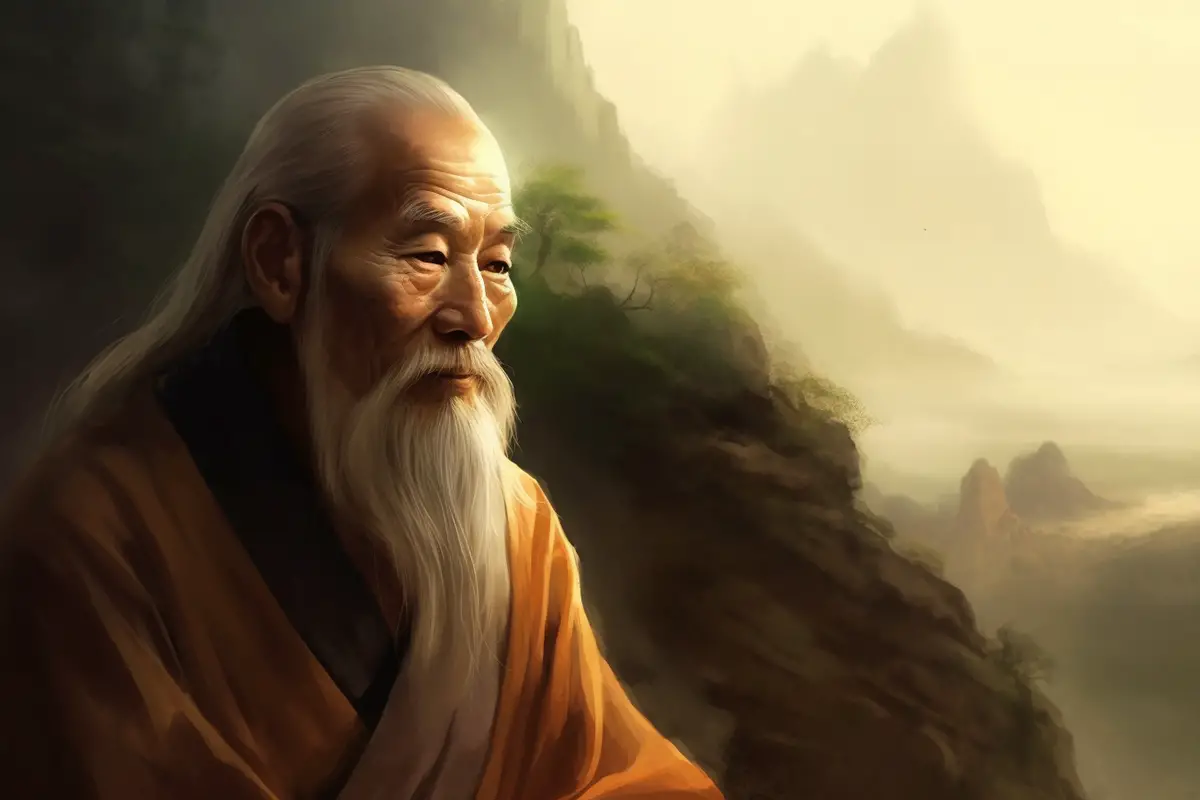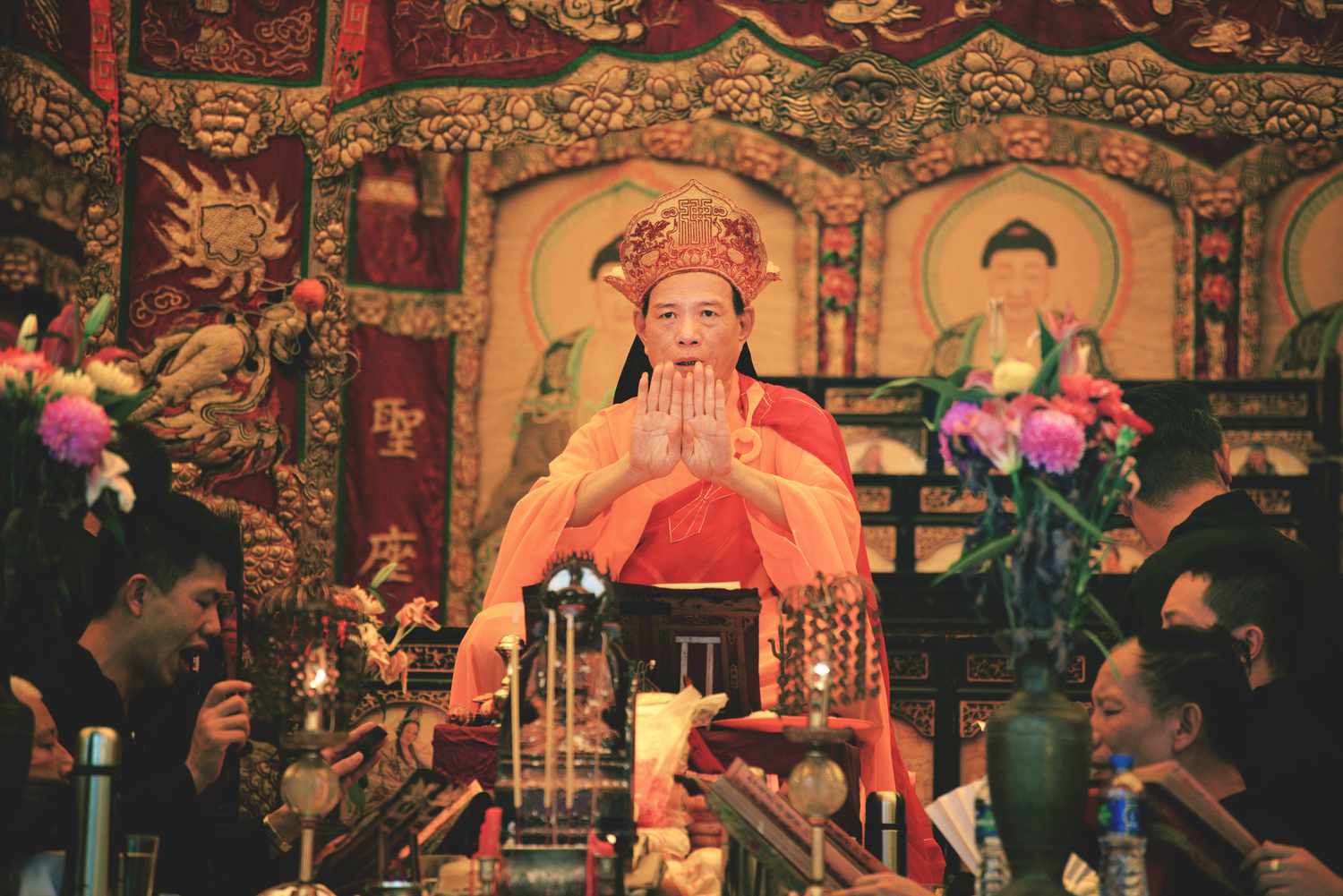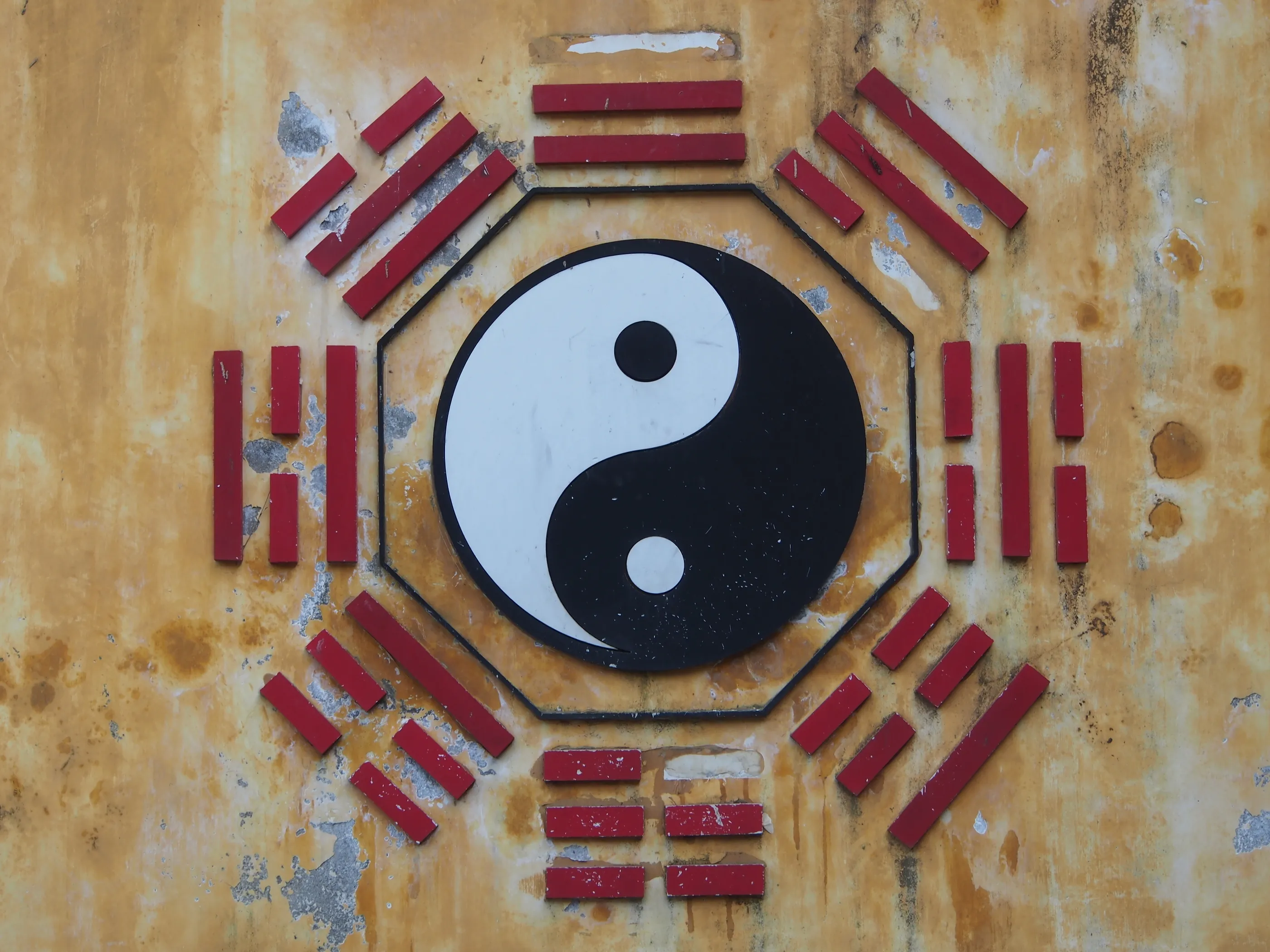Taoist Philosophy: Embracing Harmony And Balance
Taoism, also known as Daoism, is an ancient Chinese philosophy and spiritual tradition that emphasizes living in harmony with the Tao, the natural way of the universe. Rooted in simplicity, balance, and the pursuit of inner peace, Taoist philosophyoffers valuable insights into the human experience and our relationship with the world around us. In this article, we will delve into the fundamental principles of taoist philosophy and explore its profound impact on individuals and society.
The Tao - The Way Of Nature
At the core of Taoist philosophy lies the concept of the Tao, which can be understood as the underlying principle or force that governs the natural world. The Tao is not easily defined or described but is often symbolized by the interplay of yin and yang, representing complementary and opposing forces. It encompasses the ebb and flow of existence, the rhythm of seasons, and the interconnectedness of all things.
Wu Wei - The Art Of Non-Action
One of the central teachings of Taoist philosophy is the principle of Wu Wei, meaning "non-action" or "effortless action." Wu Wei does not advocate passivity or inaction but rather encourages individuals to align themselves with the natural flow of the Tao. It is about acting spontaneously and without unnecessary effort, allowing things to unfold naturally. By letting go of excessive striving and resisting the current of life, one can find greater ease and harmony.
Yin And Yang: Balancing Opposing Forces
The concept of yin and yang, symbolizing opposing yet interconnected forces, is integral to Taoist philosophy. Yin represents qualities such as darkness, passivity, and femininity, while yang represents qualities such as light, activity, and masculinity. Taoism recognizes that these opposing forces are interdependent and in constant flux. The harmonious integration of yin and yang within individuals and the world at large is seen as essential for balance and well-being.
Simplicity And Naturalness
Taoist philosophy emphasizes simplicity and naturalness as pathways to inner peace and contentment. It encourages individuals to embrace the inherent simplicity of life, letting go of unnecessary desires and attachments. By living in harmony with the rhythms of nature and embracing the present moment, one can cultivate a sense of tranquility and authenticity.
Embracing The Paradoxes Of Life
Taoism acknowledges and embraces the paradoxes inherent in existence. It recognizes that life is full of dualities and contradictions, and attempts to impose rigid concepts and judgments can lead to disharmony. Instead, Taoist philosophy encourages individuals to embrace the interplay of opposites, finding wisdom in the dance of light and shadow, and navigating the complexities of life with flexibility and acceptance.
Nature As A Teacher
Nature holds great significance in Taoist philosophy. The observation of natural phenomena serves as a source of inspiration and guidance. By studying the cycles of nature, individuals can gain insights into the ebb and flow of their own lives. Taoists often seek solace and spiritual connection by retreating into natural environments, appreciating the beauty and wisdom that nature offers.
Harmony With Others And Society
Taoist philosophyextends beyond the individual, emphasizing harmony with others and society at large. It promotes the virtues of compassion, humility, and non-contention. By cultivating empathy and understanding, individuals can foster harmonious relationships and contribute to the well-being of their communities. Taoism emphasizes the importance of balanced governance and the avoidance of excessive control, allowing for organic growth and self-regulation.
Immortality And The Inner Alchemy
In certain branches of Taoism, there is a focus on inner alchemy and the pursuit of immortality. However, immortality is not interpreted literally but rather as a metaphor for spiritual transcendence and union with the Tao. Through meditation, breathing exercises, and energy cultivation techniques, Taoists seek to refine and balance their inner energies, nurturing the potential for spiritual growth and awakening. Immortality in Taoism is different from reincarnation and eternal life in Buddhism, you can read this article from joynumber to learn more about the differences between the two religions.
The Way Of The Sage - Wisdom And Virtue
Taoist philosophy places great emphasis on the ideal of the sage, an enlightened being who embodies wisdom, virtue, and harmony with the Tao. The sage is seen as a role model, exemplifying the highest virtues and living in alignment with the natural order. By cultivating inner virtues such as compassion, humility, and integrity, individuals strive to embody the qualities of the sage and contribute to a more harmonious world.
Rituals And Practices
Taoism encompasses a rich array of rituals and practices that aim to cultivate spiritual growth and connection with the Tao. These practices may include meditation, breathing exercises, martial arts, Tai Chi, Qigong, and the recitation of sacred texts. Rituals often take place in Taoist temples, where individuals seek guidance, offer prayers, and engage in ceremonial activities to honor ancestors and divine beings.
Taoism And Health
Taoist philosophy recognizes the intimate relationship between the mind, body, and spirit. The principles of balance and harmony are also applied to the realm of health and well-being. Practices such as Qigong and Tai Chiare not only seen as spiritual disciplines but also as means to promote vitality, cultivate energy flow, and maintain physical health. Taoists believe that by harmonizing the body's energy, one can enhance overall well-being and longevity.
Taoism In Modern Society
While Taoism has deep roots in ancient Chinese culture, its principles and teachings continue to have relevance in modern society. In a fast-paced and often chaotic world, Taoist philosophy offers a counterbalance, reminding individuals of the importance of stillness, simplicity, and self-reflection. The emphasis on naturalness and the recognition of interconnectedness can inspire ecological awareness, sustainable living, and a deeper sense of responsibility towards the planet.
Taoism And Personal Growth
The principles of Taoism provide guidance for personal growth and self-realization. By embracing the concepts of non-action, simplicity, and balance, individuals can cultivate inner harmony, self-awareness, and spiritual transformation. Taoist philosophy encourages individuals to let go of ego-driven desires, cultivate mindfulness, and find meaning in the present moment. Through this journey of self-discovery, individuals can deepen their connection with the Tao and uncover their true nature.
Taoism As A Source Of Inspiration
Beyond the boundaries of China, Taoism has garnered interest and admiration from people around the world. Its emphasis on harmony, balance, and naturalness resonates with individuals seeking spiritual nourishment and a deeper understanding of the human experience. Taoist teachings have influenced various fields, including art, literature, martial arts, and even contemporary psychology, leaving a lasting impact on global culture and spiritual thought.
People Also Ask
What Are The 4 Principles Of Taoism?
- Tao (the Way):The Tao is the fundamental concept in Taoist philosophy, representing the underlying principle and natural force that governs the universe. It is often described as ineffable and transcendent, encompassing the flow and rhythm of existence.
- Wu Wei (Non-action/Effortless Action):Wu Wei is the principle of non-action or effortless action. It encourages individuals to align themselves with the natural flow of the Tao, acting spontaneously and without unnecessary effort. It involves letting go of excessive striving and allowing things to unfold naturally.
- Yin and Yang:Yin and Yang are complementary and opposing forces that are interdependent and interconnected. Yin represents qualities such as darkness, passivity, and femininity, while Yang represents qualities such as light, activity, and masculinity. Taoism recognizes the importance of balancing and harmonizing these opposing forces in order to achieve equilibrium and wholeness.
- Simplicity and Naturalness:Taoist philosophy emphasizes the value of simplicity and naturalness. It encourages individuals to embrace the inherent simplicity of life, letting go of unnecessary desires and attachments. By living in harmony with the rhythms of nature and embracing the present moment, one can cultivate a sense of tranquility and authenticity.
Does Taoism Believe In God?
Taoism does not have a central belief in a personal God or a divine being. Instead, it focuses on the natural principles and forces that govern the universe.
Is Tai Chi Based On Taoism?
While Tai Chi has roots in Taoist philosophy, it is not exclusively based on Taoism. Tai Chi incorporates Taoist principles of balance, energy cultivation, and harmonizing yin and yang, but it also draws from other Chinese martial arts and health practices.
Conclusion
Taoist philosophy offers a profound path for those seeking spiritual enrichment, personal growth, and a deeper connection with the natural world. By embracing the principles of balance, simplicity, and harmony, individuals can navigate the complexities of life with grace and authenticity. The wisdom of Taoism invites us to cultivate inner virtues, find stillness within, and live in harmony with the ever-changing rhythms of the universe.


